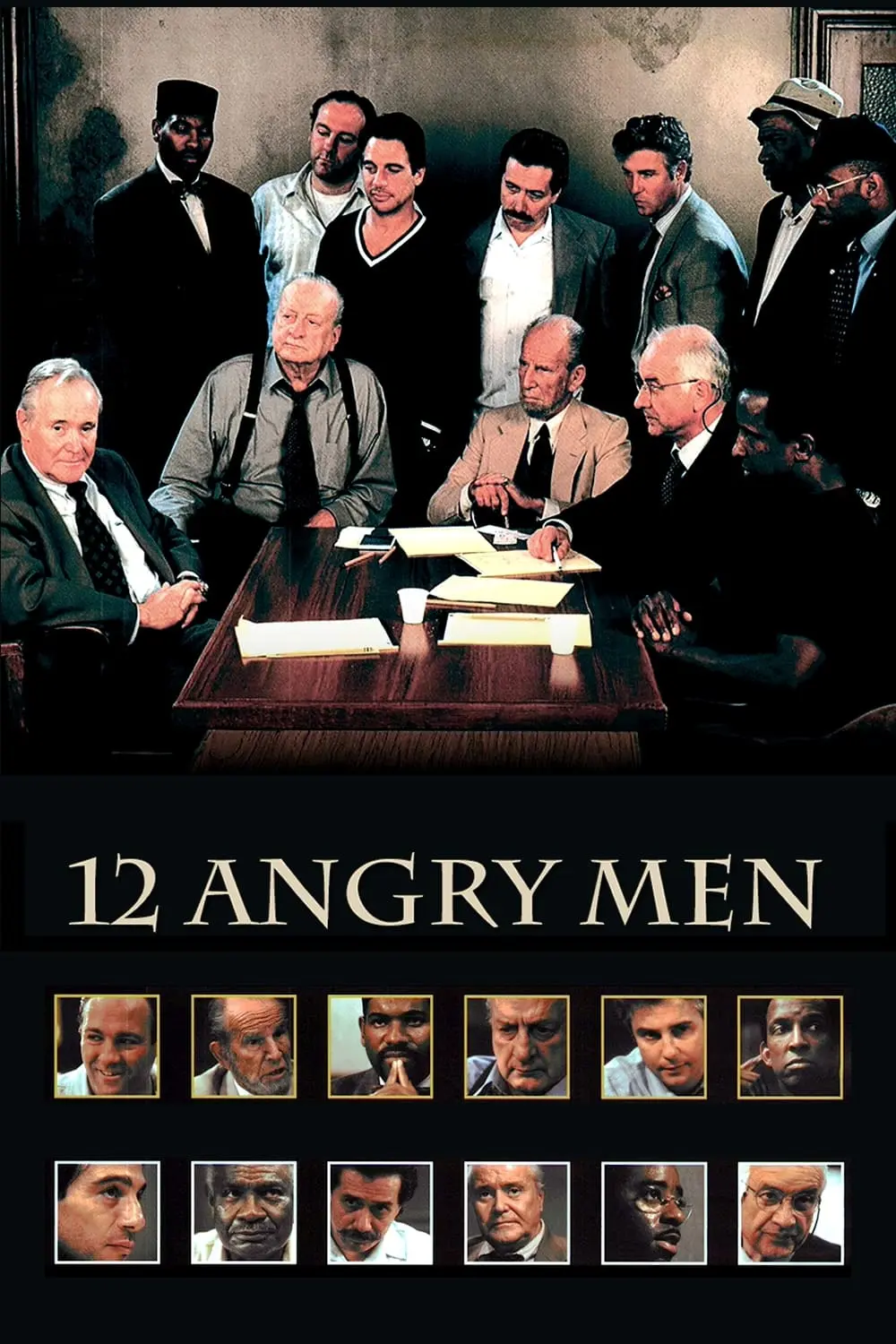On a hot summer day, a group of twelve jurors gathers to deliberate on the fate of a young man accused of murder. At first, the majority is convinced of his guilt, but one juror refuses to back down and raises doubts about the evidence presented. As the discussion progresses, an intense battle of opinions ensues, exposing personal biases, prejudices, and hidden tensions.
This dissenting juror, masterfully portrayed, challenges the perceptions of his peers, forcing them to reconsider their biases and look at the evidence from different angles. With each argument, new details about the circumstances of the case begin to emerge, revealing that the truth may be more complex than it initially appeared.
As they discuss, each juror reveals something about themselves, sometimes being enlightening and at other times counterproductive. Personal conflicts and life stories intertwine with the case, making the deliberation not just about the accused's guilt or innocence but also a reflection on justice and morality.
The tension rises in this almost claustrophobic atmosphere, where each decision can change not only the life of the young man on trial but also that of every juror present. As time runs short, the group confronts their own humanity, questioning whether they are truly willing to take responsibility for their verdict.
